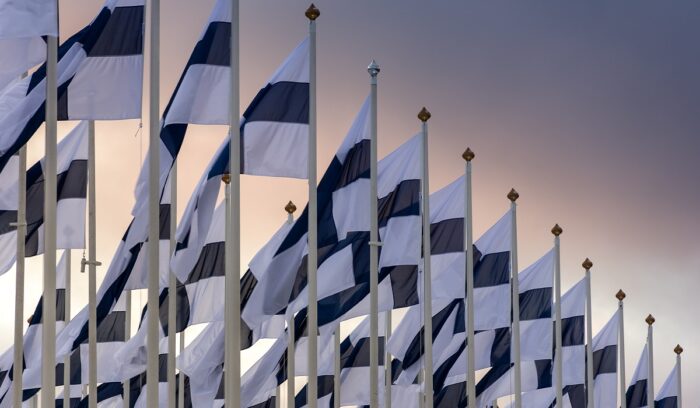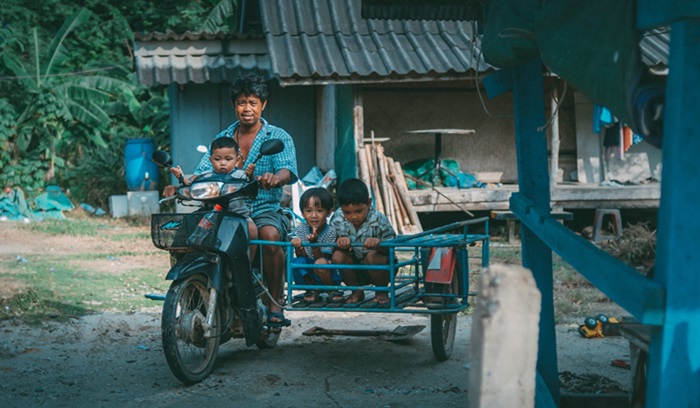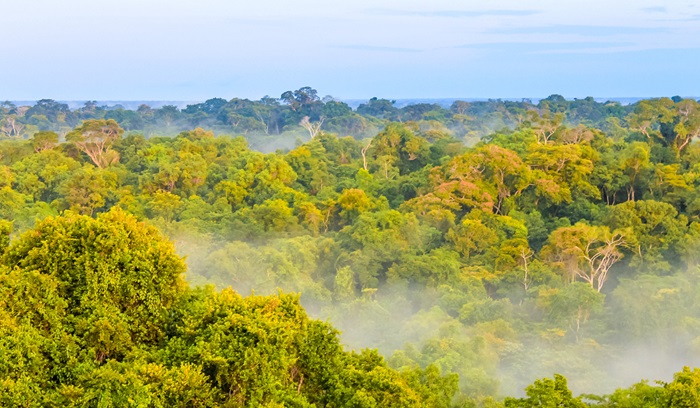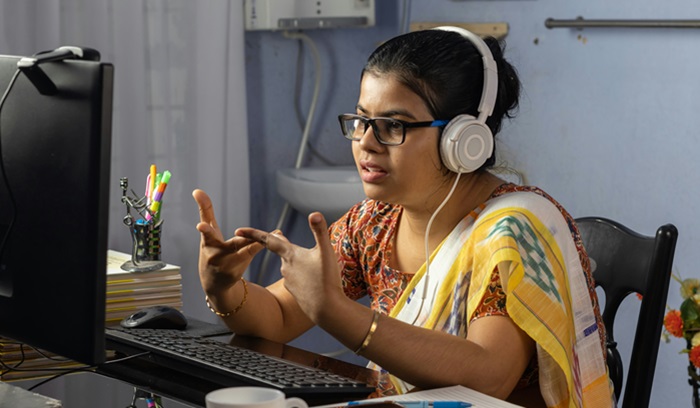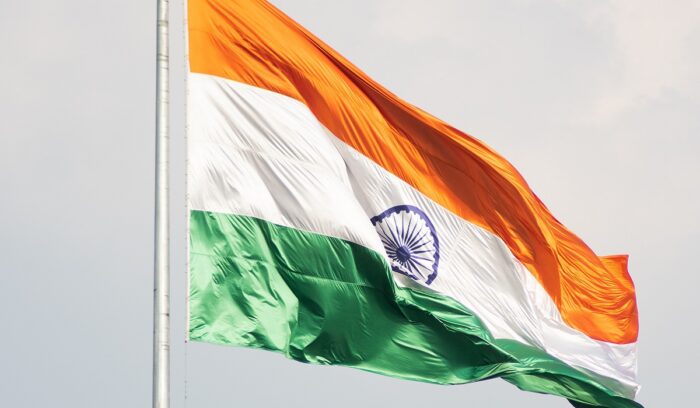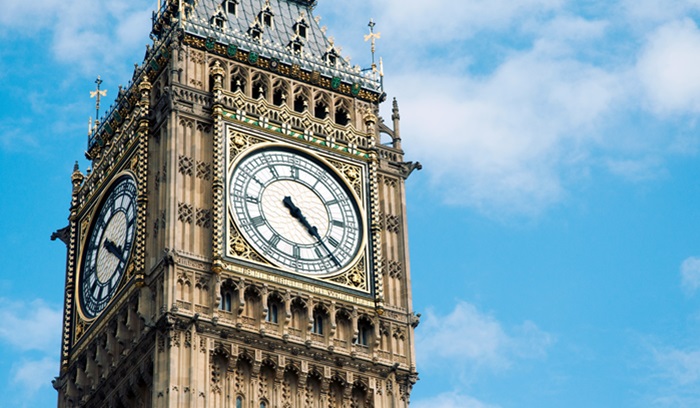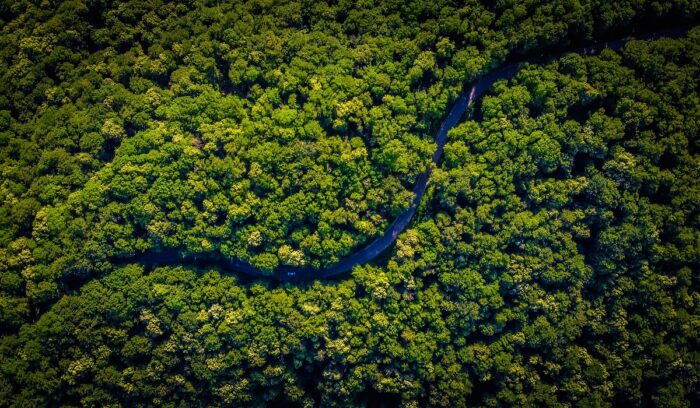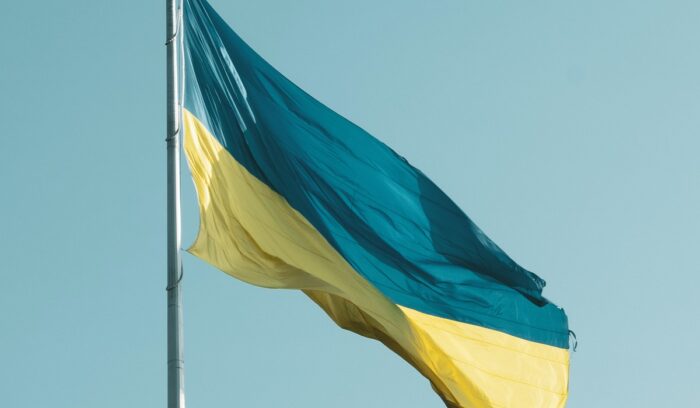Finland has effectively phased out coal as a source of electricity generation
The closure of a coal power plant in Finland today brings the country to the brink of a full coal phase-out – four years ahead of schedule. Power utility company Helen officially decommissioned its Salmisaari plant in Helsinki on 1 April, dropping coal to a less than 1% share of the country’s energy mix. Since 2020, coal generation has dropped by 73% from 2.44 terawatt hours to 0.67. Over the same span, wind power has more than doubled since 2020 to supply a quarter of the country’s energy.

